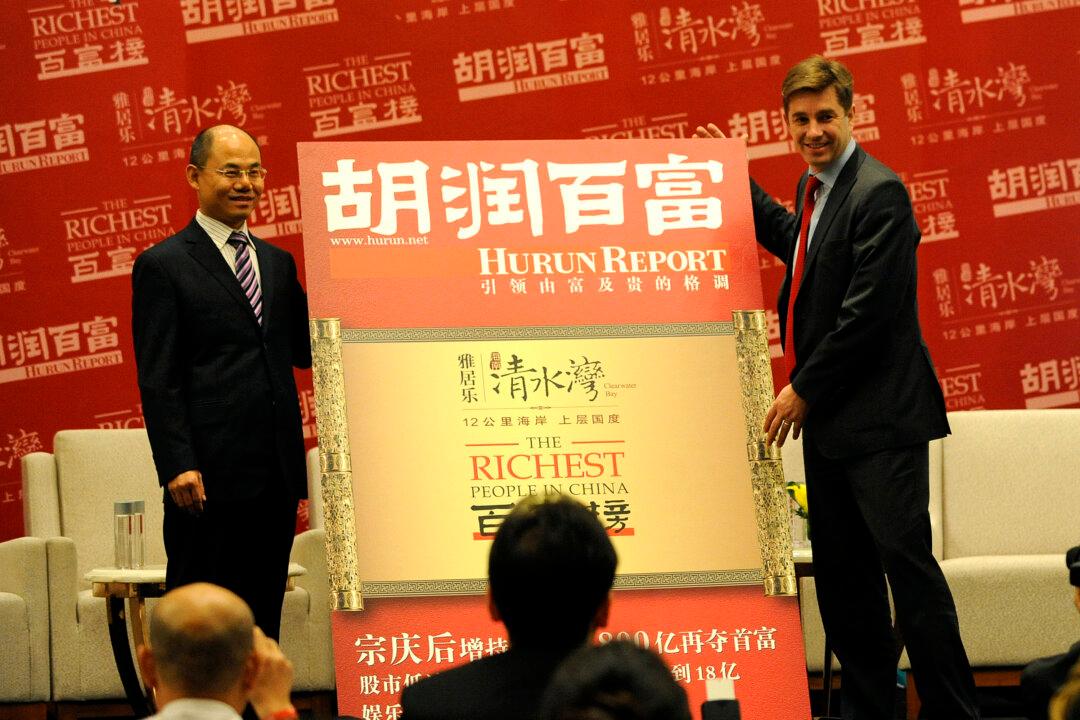News Analysis
A newly released list of China’s 100 richest people indicates that the total wealth of entrepreneurs, in particular fortunes in Internet technology, diminished significantly. Experts believe that this may be related to the overall economic decline and that their assets would be further reduced from a future trend.





